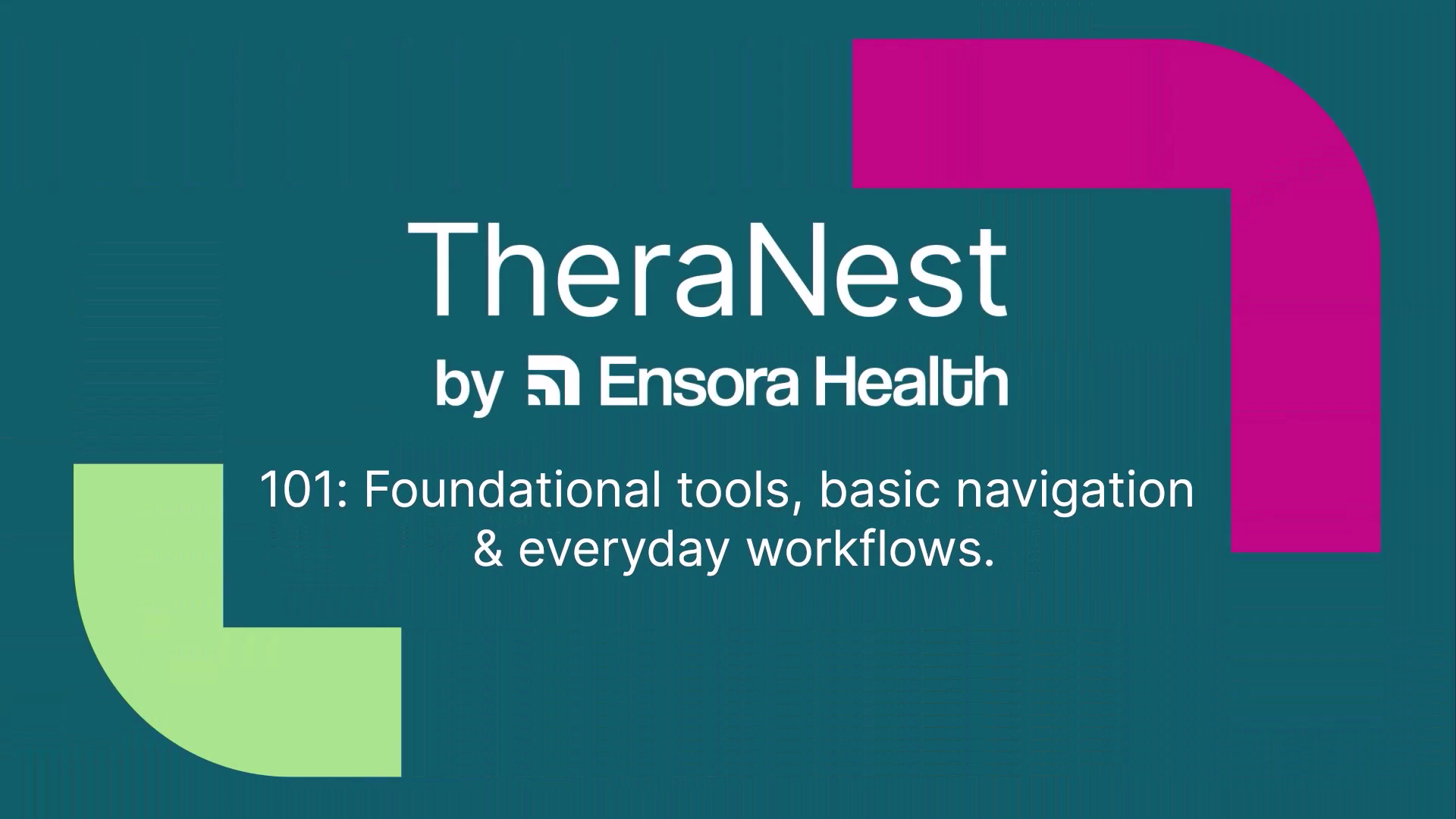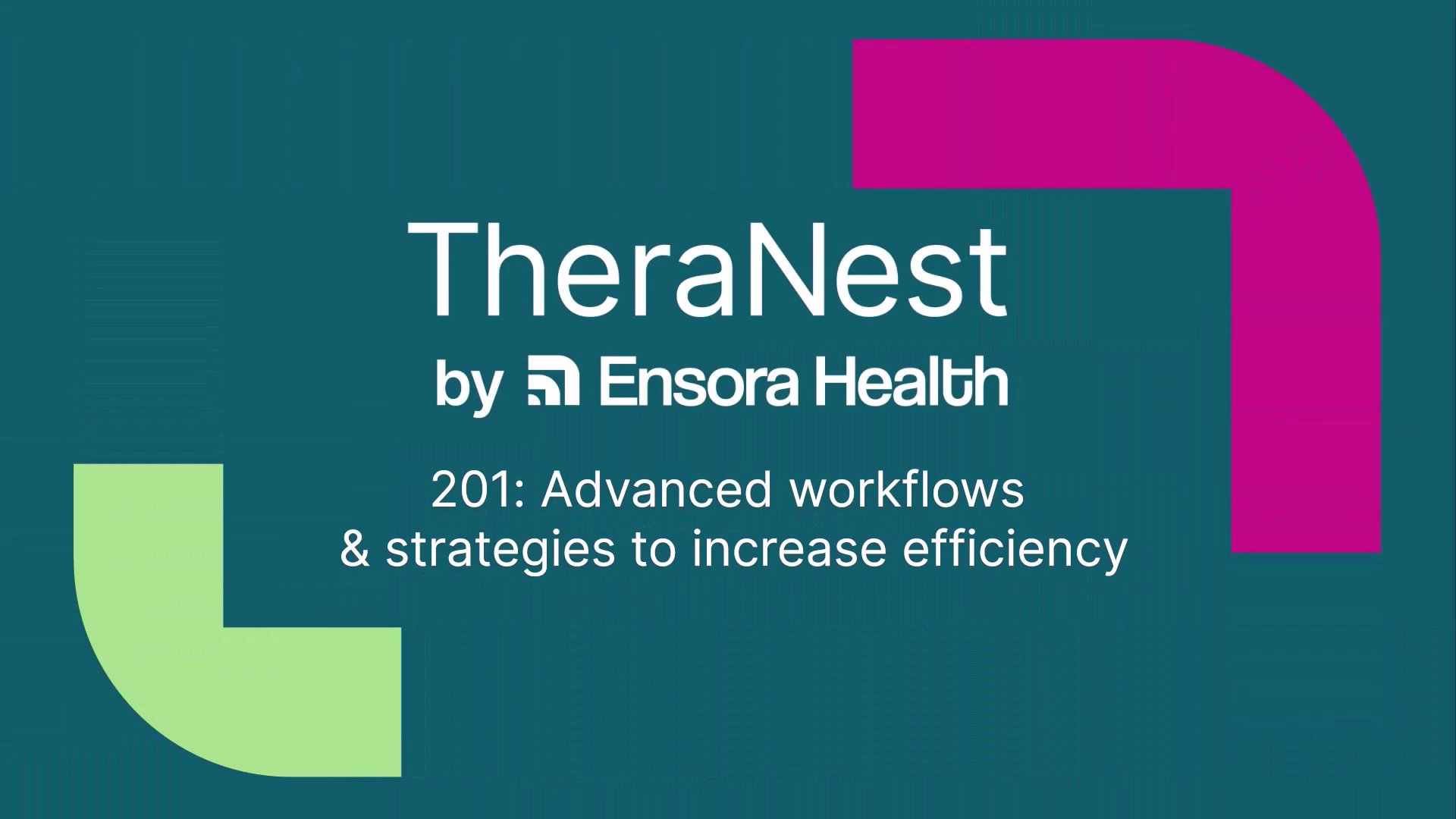Ensuring client engagement in the EHR era

Recent technology advancements, like EHRs, have produced numerous benefits for both providers and clients, including faster intake, accessing documents and bills through the client portal, and enhanced collaboration among healthcare professionals.
This enhanced collaboration also presents a unique opportunity for clients to be more actively involved in their own care and treatment plans. This blog explores strategies for promoting client engagement in the new EHR era and discusses various features that can facilitate this engagement and ultimately lead to enhanced health outcomes.
The importance of client engagement in mental health care
Client engagement plays a pivotal role in mental health care. Engaged clients are more likely to adhere to treatment plans, actively participate in therapy sessions, and take steps toward managing their own mental well-being. Moreover, engaged clients have better health outcomes and higher satisfaction with their healthcare experience.
Historically, client engagement in healthcare has been a challenge due to limited access to information and communication channels. EHR systems can bridge this gap by providing clients unprecedented access to their health information. Let’s explore some of the key features of EHR systems that can facilitate client engagement in mental health care.
Client portals: Empowering clients with information
Client portals are secure online platforms that give clients access to their electronic health records. These portals allow clients to view their medical history, lab results, diagnoses, and medication information. In fact, in recent years, client portals have transformed the way clients interact with their healthcare providers.
When clients have access to their personal health records, they step out of the role of passive care recipients and become active partners in their mental well-being journey. By reviewing their own progress and identifying patterns, they gain valuable insights that can guide their care. This knowledge not only helps them make more informed decisions about their mental health but also makes it easier for them to communicate with their healthcare team, share pertinent information with multiple providers at once and receive more personalized treatment plans.
Secure messaging: Enabling collaborative communication
Another vital feature of EHR systems that promotes client engagement is secure messaging. Secure messaging allows clients to communicate directly with their healthcare providers securely and conveniently. This feature is particularly crucial in mental health care, where continuous communication between clients and providers is essential.
Secure messaging enables clients to ask questions, share concerns, and provide updates to their healthcare providers. It helps foster a collaborative relationship between clients and providers and encourages open communication. Clients feel more heard and involved in their own care, leading to higher levels of engagement.
For therapists, secure messaging goes beyond HIPAA compliance. While text messages and emails are convenient, they lack the necessary safeguards and structure to maintain professional boundaries. Secure messaging provides a dedicated space for work, allowing therapists to focus on their clients without the distractions of personal communication. Secure messaging also facilitates proper documentation of interactions outside of sessions.
Promoting engagement: Best practices for clinicians
Keeping clients engaged requires a collaborative effort from healthcare providers. Here are some best practices for promoting client involvement:
- Client education: Educate clients about the features and benefits of EHR systems. Provide training on how to navigate client portals, use secure messaging, and access personal health records. If they don’t know about it, they won’t use it.
- Clear communication: Communicate the importance of client engagement and involve clients in making shared decisions. Encourage them to ask questions, voice concerns, and actively participate in their own treatment plans.
- Privacy and security: Assert the privacy and security measures in place to protect clients’ personal health information. Clear any doubts clients may have about the security of EHR systems to build trust and alleviate concerns.
- Ease of use: Ensure that client portals and secure messaging systems are user-friendly and intuitive. Provide support and resources to help clients navigate these tools with ease.
Transforming mental health care through EHRs
EHR systems have the potential to transform mental health care by promoting client engagement and involvement in their own treatment. Client portals, secure messaging, and access to personal health records serve as crucial tools to empower clients. By implementing best practices, healthcare providers can ensure that clients are active participants in their own mental health care, leading to better outcomes and improved client satisfaction. Embracing the EHR era is not just about technological advancements, but also about fostering a client-centered approach to mental health care.
TheraNest has client engagement tools that are convenient for you – and for your clients. Secure and convenient, our software helps you save time on administrative tasks so you can implement a client-centered approach to care. Discover how TheraNest can help your practice during a free 21-day trial, no credit card required.






